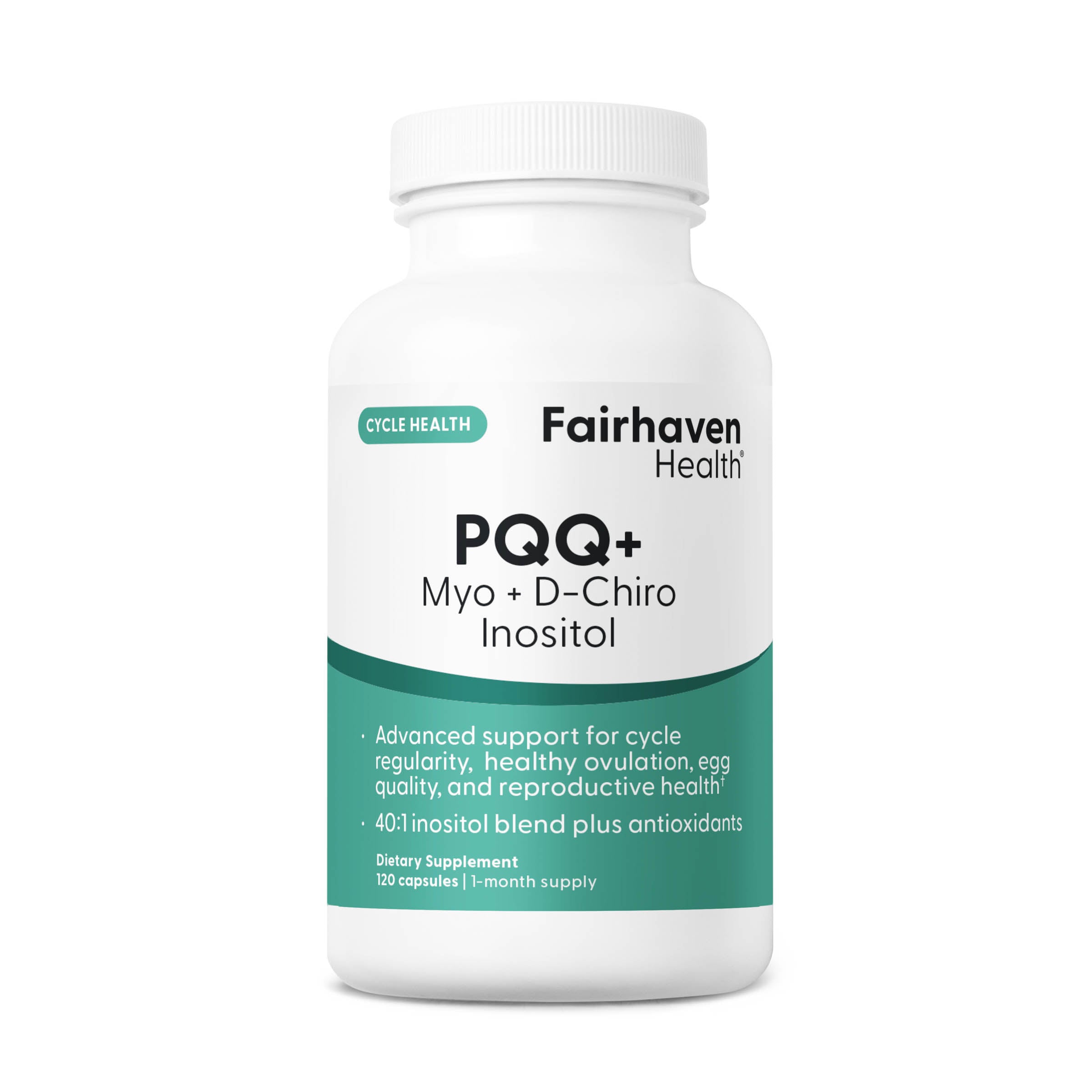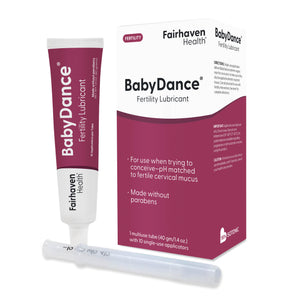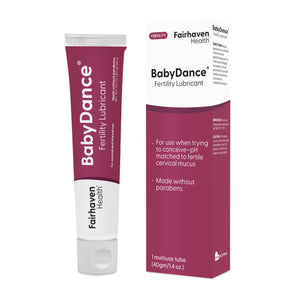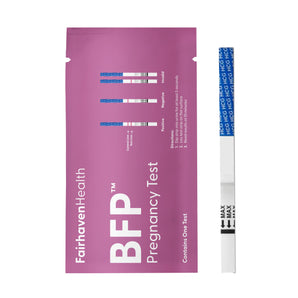Will caffeine affect the result of a pregnancy test?
Performing the role of customer service at Early Pregnancy Tests.com means fielding tons of questions on pregnancy and fertility health. One question I hear now and then is: Will coffee or tea affect the result of a pregnancy test? By itself, caffeine will not affect or interfere with your pregnancy test. However, if you do drink a lot of coffee, tea or sodas that contain caffeine, you may be peeing more (as caffeine is a diuretic). This can indirectly affect pregnancy test results by causing you to urinate more frequently (in turn causing diluted urine samples with lower amounts of hCG hormone) The net effect of a diluted urine sample is a delay in how soon you can detect when you are pregnant with an HPT.
Do coffee, tea, and pregnancy mix?
It's a great question, particularly if you love coffee as much as I do! But the fact is, if you are trying to conceive, it may be a good time to cut down on caffeine. Even more importantly, when you become pregnant, eliminating caffeinated beverages altogether would be a great idea, as caffeine may be connected to increasing certain risks of prenatal health problems. Coffee specifically, in high dosage, has also been associated with an increased chance of miscarriage. Though smoking and drinking should be the first habits to go (even when you are trying to conceive), caffeine and pregnancy do not mix that well either.
During pregnancy, caffeine is believed to pose some risk to fetal health - and caffeine will pass from the mother's system through the placental barrier to your developing baby. As most of us know from experience, caffeine causes an increase in heart rate, and when pregnant, this results in increasing your baby's heart rate as well (not a good thing). Yes, you may need that jolt in the morning to get going, but your baby certainly does not. As noted above, caffeine is also a diuretic and can cause mild dehydration/frequent urination; another effect is that it can prevent the nutritional absorption of foods (vitamins and minerals) - a deficit that is passed on to your developing baby.
If that's not enough, studies have indicated that coffee during pregnancy may increase the risk of miscarriage. One study revealed that pregnant women who consumed two or more cups of coffee daily faced a slight but marked increase in the risk of miscarriage. However, women who drank several cups (eight or more) doubled their chances of miscarriage! The lesson is clear: eliminate or limit your coffee intake. (It should be noted that the conclusion drawn from this study is based on coffee consumption; teas and other beverages did not exert the same effect). Talk to your doctor if you have specific concerns or need assistance in weaning yourself from addictive beverages like coffee.
The largest sources of caffeine are in coffee, tea, and sodas. If you drink these beverages for flavor or fun - and not for the buzz - the solution is easy; switch to a decaf version or (ideally) a more healthy beverage like juice or water. Decaf coffees and teas may be a good solution, though if you drink herbal teas, talk with your doctor as some herbs should be avoided during pregnancy. While you are trying to conceive, try FertiliTea as a preconception drink (with herbal ingredients that have been shown to stabilize the reproductive hormones and support fertility). It's a cliche, but you are eating and drinking for two now, quite literally. Even when you are just trying to conceive, consider focusing in on a healthy lifestyle for both you and your future baby! Again, your doctor will be an excellent source of knowledge here on your path to motherhood.







